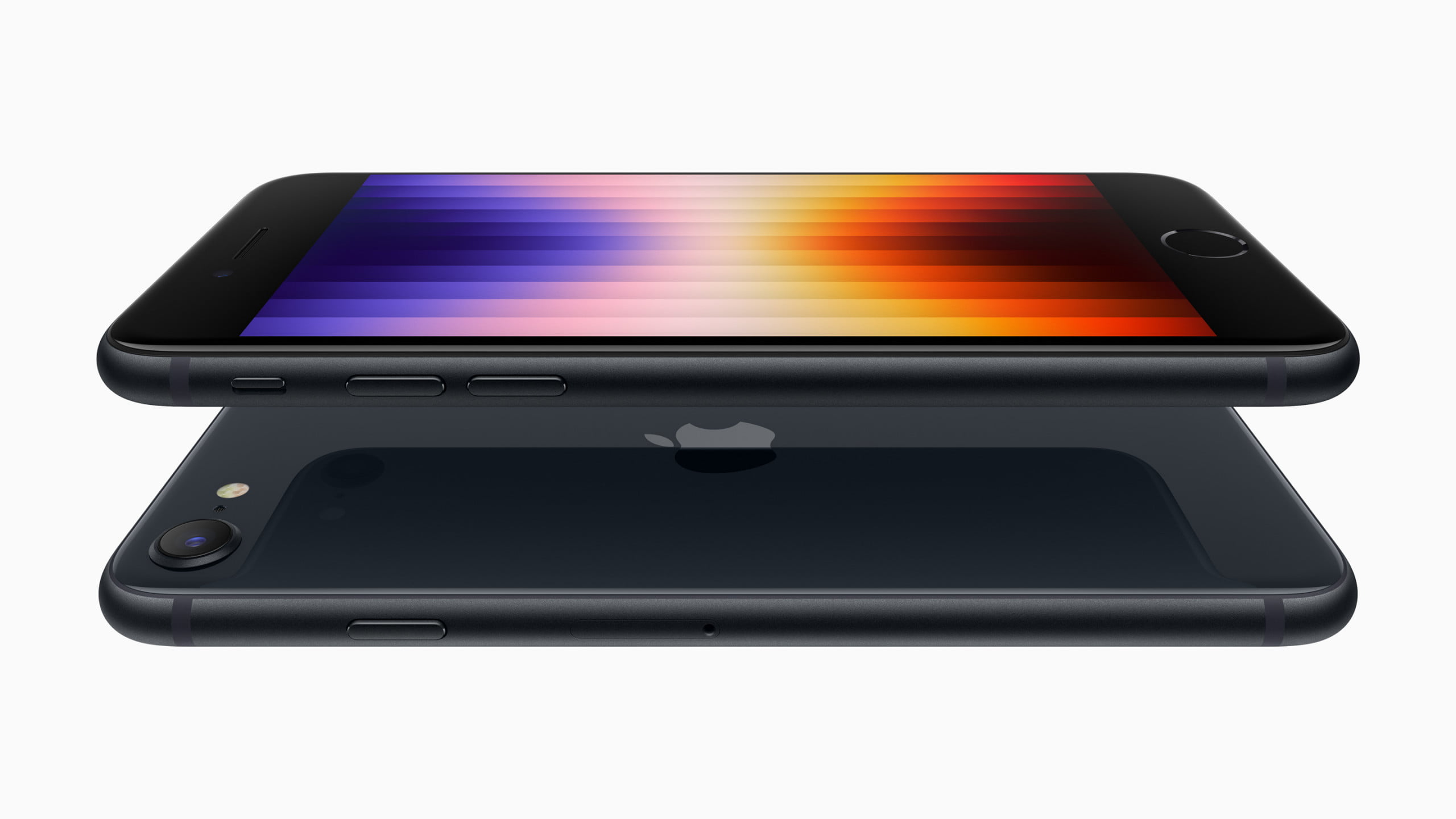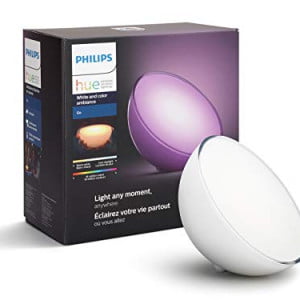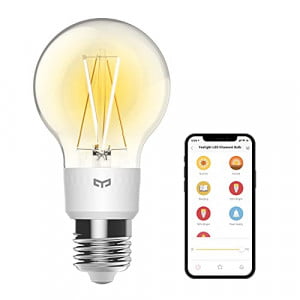The EU has decided that built-in rechargeable batteries are no longer permitted in smaller devices. Instead, the user should be able to easily swap out the batteries.
“By 2024, portable batteries, such as those found in smartphones, and batteries for light transport must be designed in such a way that consumers and independent economic operators can easily and safely remove them themselves”
This new regulation is to be implemented by 2024. It will be interesting to see where this development leads and how the definition “easily and safely” is interpreted in everyday life. Two screws and a power strip for an iPhone battery are currently something completely different than opening the latest Samsung generation, where the glass back breaks directly when the professionals from ifixit do it.
However, it can be assumed that the EU would actually like to make it possible for the dumbest user to be assumed to be able to change the battery. Although Apple offers a battery change for $50 to $80 for old iPhone models, so that further use is possible, the EU law will probably be implemented in such a way that even technically less gifted people can change the battery. Anyone who has ever observed people how difficult it sometimes seems to distinguish between a Lightning and a USB-C cable will be able to imagine what the corporations can expect.
The devices no longer have to be designed just for Apple’s service staff and freelance technicians who are familiar with such things, but also be designed to be fault-tolerant so that someone who is not at all familiar with technology can carry out this exchange. Anyone old enough to remember Nokia cell phones will remember the batteries attached to the back, which were easily replaceable. However, the mobile phones of that time were still quite clumsy, not waterproof and the battery wobbled at some point.
So it will be interesting to see how thin construction, water resistance, attractive design and acceptable price are combined. Some manufacturers like Samsung seem to have never heard of sustainability, while Apple may still have to implement the battery replacement rule despite the support of devices going back to the iPhone 5s and 6 (with iOS 12) and 6s (which still gets iOS 15). It would have been much more important to prescribe updates for smartphones for at least six or seven years. Because if you can now replace the battery yourself with cheap cell phones after two and a half years, that makes no sense at all – you often haven’t received any updates at all for six months.
Incidentally, Apple is also clearly ahead of Fairphones in terms of software usage. Five years of software updates are promised for a new Fairphone. The oldest iPhone that is supported with the latest iOS is already six and a half years old.




